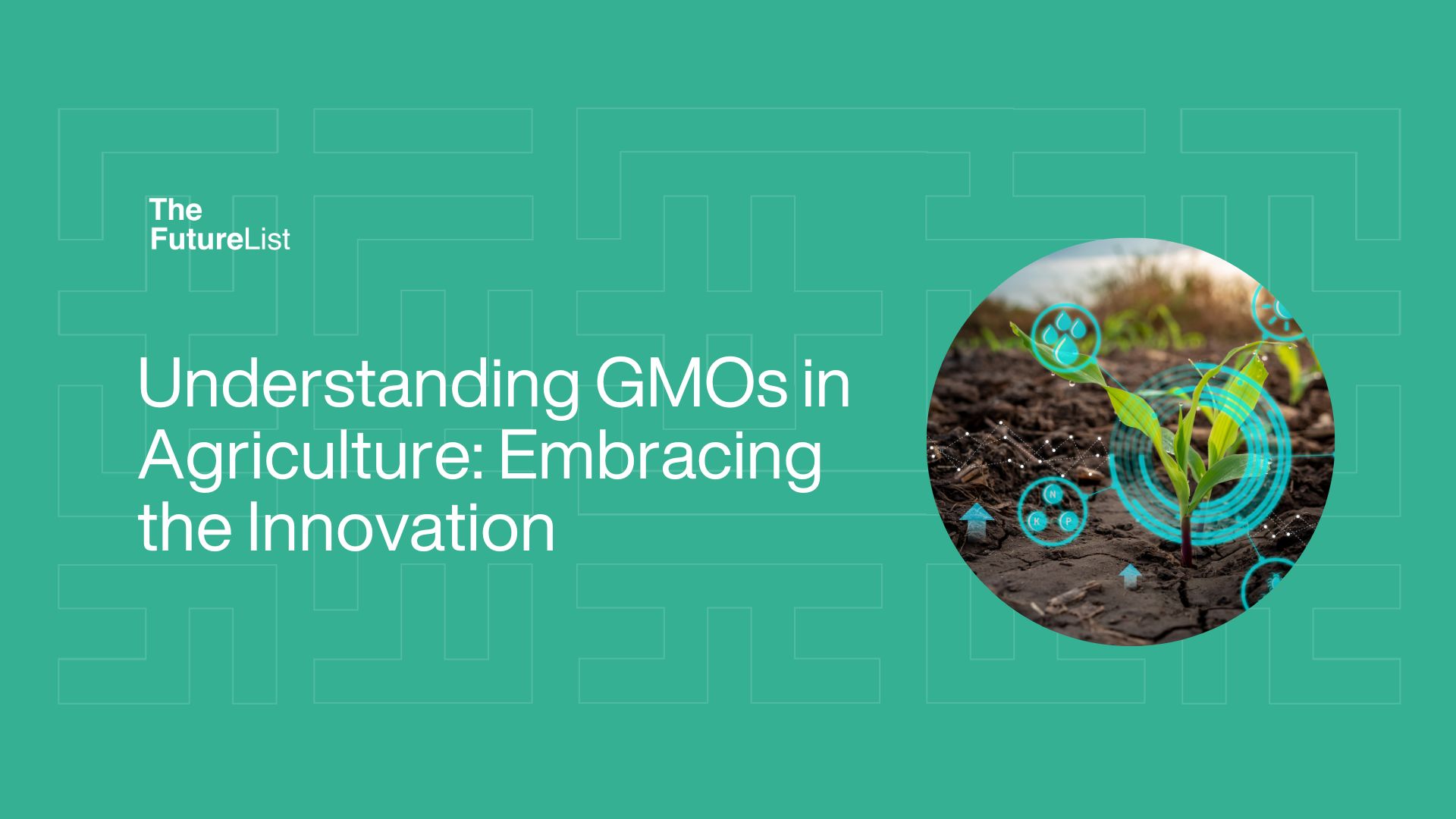
Understanding GMOs in Agriculture: Embracing the Innovation
By David Armaah
The mere mention of GMOs (genetically modified organisms) in the agriculture setting often stirs up controversy and debates, fueled by a mix of scientific uncertainty. In this article, we embark on a journey to uncover the truth behind GMOs, exploring their scientific foundations, dispelling any common myths, and shedding light on the innovative companies at the forefront of genetic engineering in agriculture.
GMOs
At its core, a GMO is a plant, animal, or microorganism whose genetic makeup has been altered using genetic engineering techniques. These modifications can enhance desired traits such as resistance to pests, diseases, or herbicides, as well as improve nutritional content and shelf life. GMOs have been rigorously tested for safety by regulatory agencies worldwide, including the FDA in the United States and the European Food Safety Authority (EFSA) in Europe.
One of the most notorious myths surrounding GMOs is their supposed harmfulness to human health. However, numerous scientific studies and meta-analyses have repeatedly concluded that GMOs approved for commercialisation are safe for consumption. In fact, organisations such as the World Health Organisation (WHO) and the National Academy of Sciences have affirmed the safety of GMO crops when compared to their non-GMO counterparts.
In recent years, there has been a surge in the market for genetically modified seeds. This expansion can be attributed to various factors, including the increasing global population, resulting in high demand for food and agricultural commodities. Genetically modified seeds offer the potential to enhance crop yields and address the escalating food demand.
Companies
Several companies are at the forefront of GMO research and development, leveraging biotechnology to address pressing challenges in agriculture. Perhaps the most well-known player and a notable mention in the GMO industry is Monsanto which is now part of Bayer Crop Science. Here is a look at the other players;
Syngenta
Syngenta: Syngenta, a major agribusiness company, focuses on developing GMO crops with traits such as drought tolerance and increased nutritional value. Syngenta aims to address global food security challenges through partnerships and collaborations by enhancing crop productivity and resilience.
Location: Switzerland
CEO: Jeff Rowe.
Stine Seed Company
Stine Seed Farm: Stine Seed Company is a seed provider focusing on soybean genetics and high-performance corn, Stine aims to improve yield through innovative research and development. By offering a wide range of agronomic tools and resources, Stine supports growers in maximising their investment and achieving optimal results in the field.
Location: USA
CEO: Harry Stine
Nuseed Global
Nuseed: Nuseed Global is a global agriculture innovator focused on transforming select crops into renewable and traceable sources of lower-carbon energy and plant-based nutrition. With proprietary solutions like Omega-3 canola, carinata, sorghum, sunflower, and energy cane, Nuseed addresses global challenges such as food security, human nutrition, and climate change.
Location: USA
CEO: Brent Zacharias
Get innovation insights from The FutureList weekly. Subscribe to our newsletter here.
Categories
- Agritech
- Artificial Intelligence
- Biotech
- Blockchain
- Climate Tech
- Data Infrastructure
- Edtech
- Events
- Fashion
- Fintech
- Healthtech
- Infrastructure
- Innovation Memos
- Innovation Scout Program
- Insight
- Insurtech
- Machine Learning
- Martech
- Mobility
- Music and Media
- Partner Offers
- Perks
- Procurement
- Proptech
- Retailtech
- Ridehailing
- Ridesharing
- Robotics
- Space Aviation
- Supply Chain
- Talent
- Telecoms
- Uncategorized
- Venture Capital
- Wastetech
- Women In Tech
Recent Posts
- The Formula for Future Speed: Data-Driven Performance in Racing
- Leveraging Next-Gen Endoscopic Interventions and Innovations for Healthcare
- Inside the Quiet Work of Operationalizing AI Ethics in Government
- The Evolution and Impact of DNA Cloning Technology
- The Infrastructure Layer for Ethical Supply Chains